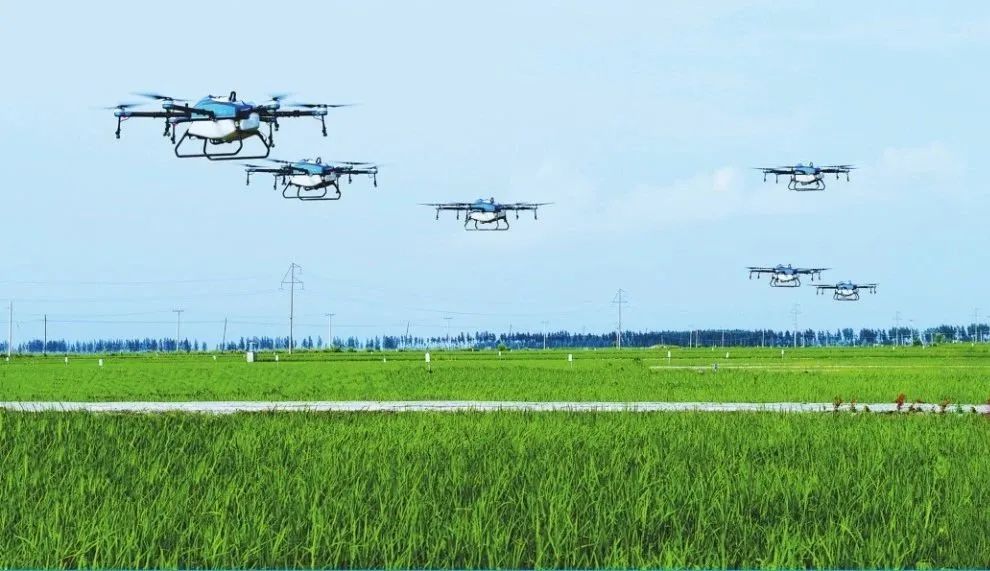In recent years, agriculture has undergone a major transformation driven by the rise of unmanned aerial vehicles (UAVs), commonly known as drones. These high-tech machines are being increasingly used to monitor crops, gather scientific data, and even plant seeds autonomously, offering farmers a quick and efficient way to manage their fields and boost productivity.
The benefits of using agricultural drones are clear. By collecting precise data on soil conditions, weather patterns, and crop health, drones can help farmers make informed decisions about water usage, fertilization, and pest control. This not only reduces the cost and labor associated with traditional farm management practices but also minimizes negative environmental impacts caused by excessive use of chemicals or irrigation.
Furthermore, agricultural drones provide a unique opportunity to transform rural communities, where large-scale farming operations are often the main source of employment and income. With drones, farmers can access real-time information about their fields, allowing them to respond quickly to changing conditions while reducing waste and increasing yields. The technology also creates new job opportunities for rural youth interested in science, engineering, and computer programming.
However, despite the many advantages of agricultural drones, there are still some challenges that need to be addressed. Drone regulations, air traffic control issues, and safety concerns are among the main obstacles faced by farmers looking to take advantage of this technology. Moreover, there is a need to develop user-friendly software and analytics tools that can help farmers interpret the vast amounts of data generated by drones.
To overcome these challenges and fully realize the potential of agricultural drones, it is important to work closely with researchers, policymakers, and industry experts. Governments must establish clear guidelines for drone use in agriculture and invest in training programs for farmers to adopt this technology safely and effectively. Innovations in drone design and control systems will also be critical to developing user-friendly solutions that meet the needs of small and large-scale farmers alike.
In conclusion, agricultural drones represent a major opportunity to revolutionize farming practices and drive economic growth in rural communities. With the right investments and policies, this technology could help transform agriculture industry, offering farmers greater efficiency, sustainability, and profitability while creating new opportunities for young people across the world.







Please sign in to comment
register